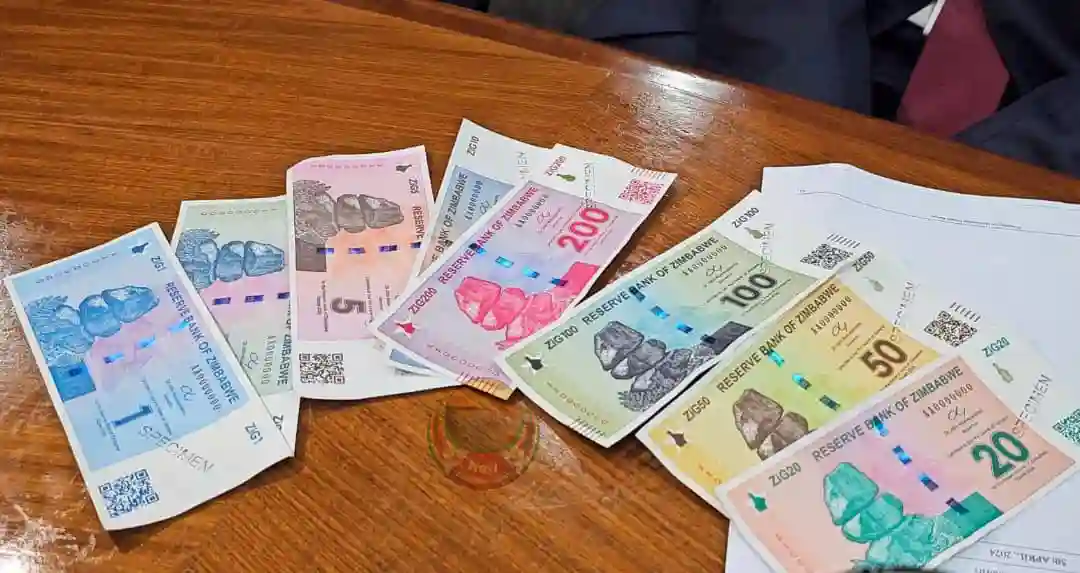The International Monetary Fund (IMF) has said Zimbabwe cannot resolve its economic challenges with the gold-backed ZiG currency, which was launched in April and has already been devalued.
In an interview with Bloomberg, IMF Africa Department Director Abebe Selassie said:
There’s a tendency to see the market rate, the exchange rate, as the cause of the problems countries face.
In reality, the exchange rate is often the symptom and the root cause of exchange-rate weakness tends to be inflation.
ZiG, short for Zimbabwe Gold, represents Zimbabwe’s sixth attempt to establish a stable local currency since 2009, following previous failures due to rampant inflation.
The ZiG was designed to restore confidence through its backing by gold and hard currency reserves, along with a central bank pledge to avoid past mistakes.
However, last month, the Reserve Bank of Zimbabwe (RBZ) devalued the ZiG by 43%, further eroding the already fragile trust Zimbabweans had in the currency. Said Selassie:
Sadly, Zimbabwe has gone through these various cycles and the root cause is really the lack of confidence, the lack of faith in monetary and fiscal policy.
It goes back to brass tacks and needing to address those root causes, and that’s the only source of closing the gap that we would be able to see.
On Friday, the ZiG was quoted at 27.68 per dollar on the official market, according to the central bank’s website.
The unofficial rate, however, ranged between 40 and 50 to the dollar, as reported by ZimPriceCheck.com.
The Zimbabwe National Statistics Agency (ZIMSTAT) announced that monthly inflation surged to 37.2% in October, up from 5.8% in the previous month, driven by the devaluation of the ZiG.
More: Pindula News

